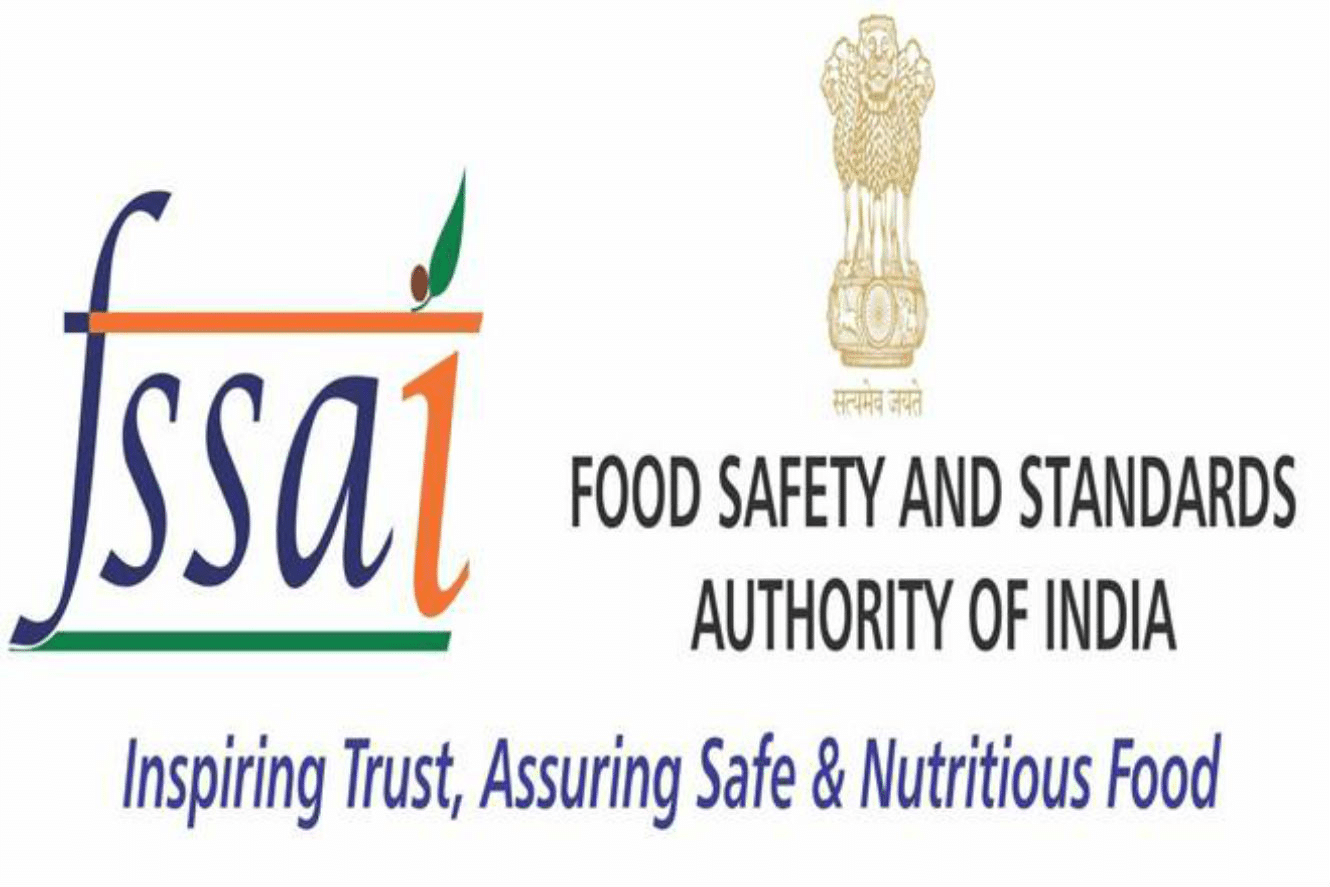Ensuring Food Safety in India: FSSAI’s Role

Food safety is a critical concern for consumers in India. The Food Safety and Standards Authority of India (FSSAI) plays a vital role in ensuring that food products are safe for consumption. Through its various initiatives, FSSAI conducts regular monitoring, inspection, and testing of food items across the country. This article delves into the functions of FSSAI, its efforts to combat food adulteration, and the regulatory framework governing food businesses in India.
Regular Surveillance and Monitoring
The FSSAI is committed to maintaining high food safety standards across India. It operates through regional offices and collaborates with State and Union Territories to conduct regular surveillance and monitoring of food products. This includes inspections and random sampling of food items to ensure compliance with safety regulations. When food samples are found to be non-conforming, FSSAI takes penal action against the responsible Food Business Operators (FBOs). These actions are enforced under the provisions of the Food Safety and Standards Act, along with its associated rules and regulations.
In addition to routine inspections, FSSAI has introduced mobile food testing labs known as Food Safety on Wheels (FSWs). These labs aim to extend basic testing facilities to remote areas, making food safety accessible to all. FSSAI also conducts periodic pan-India surveillance, focusing on staple foods and commodities that are particularly vulnerable to adulteration. This proactive approach helps identify potential risks and ensures that consumers receive safe and quality food products.
Consumer Complaints and Awareness Campaigns
FSSAI has established effective mechanisms for consumers to report food adulteration. Consumers can lodge complaints through the FSSAI helpline or the Food Safety Connect mobile app. These complaints are promptly investigated, and necessary actions are taken in accordance with the Food Safety and Standards Act. This initiative empowers consumers and encourages them to be vigilant about the quality of food they consume.
In addition to addressing complaints, FSSAI actively conducts campaigns to raise awareness about food adulteration. These campaigns educate consumers about the risks associated with adulterated food and promote safe food practices. By informing the public, FSSAI aims to create a more informed consumer base that can make better choices regarding food safety.
Regulatory Framework for Food Businesses
According to the Food Safety and Standards Act of 2006, no individual can commence a food business without obtaining the necessary license. This regulation applies to all food businesses, including petty retailers, hawkers, and temporary stallholders. Businesses with an annual turnover of less than 12 lakhs must obtain a registration certificate, while those exceeding this threshold require a full FSSAI license.
To obtain a license or registration, a Food Business Operator (FBO) must submit an online application through the Food Safety Compliance System (FoSCoS) portal. This process involves providing necessary documentation and undergoing an inspection by FSSAI officials. Upon successful completion of these steps, the FBO receives the appropriate certification. FSSAI continuously reviews and improves the certification process based on feedback from stakeholders, ensuring that it remains efficient and effective.
Observer Voice is the one stop site for National, International news, Sports, Editor’s Choice, Art/culture contents, Quotes and much more. We also cover historical contents. Historical contents includes World History, Indian History, and what happened today. The website also covers Entertainment across the India and World.

